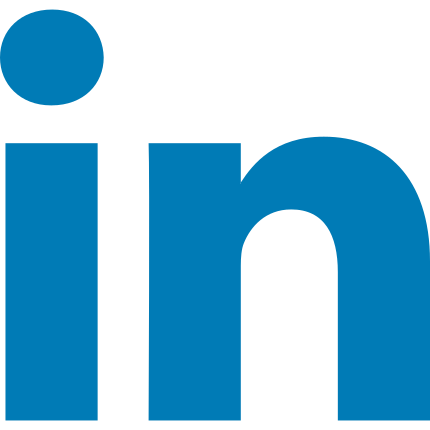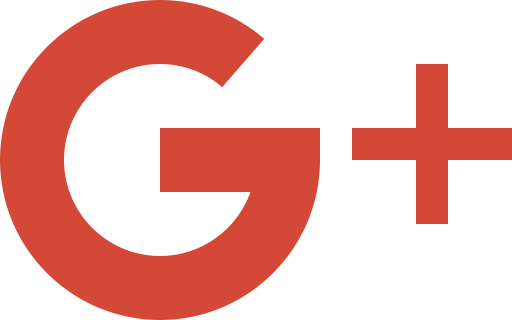Google is by far the most dominant search engine, since its inception in 1998, it has covered a multitude of subjects across a plethora of countries. Currently, it covers an average of 40,000 search queries every single second, this translates to a stunning 3.5 billion searches a day. The sheer amount of people using Google daily ensures that subjects you’ve never even heard of are constantly being accessed on websites that didn’t even exist several minutes ago, the internet is constantly changing and evolving in order to meet the demands of its users making you ponder the subject: “How does Google even decide how to rank all these websites?”. There is a document of over a hundred pages produced by Google that states exactly how and why they rank websites the way that they do. In order to save you the effort of having to look through over a hundred pages of fancy internet jargon, I’ve compiled some of the documents’ key points below.
Search Raters
Fully judging the quality of a website through the use of technology does not offer a complete picture of its overall quality, this is why Google employs search raters. Search raters are, in essence, third-party workers with a deep understanding of Google’s guidelines who submit feedback on the changes Google can implement in order to improve user experience. Since it would be a colossal task to have their raters check every single task on the internet, Google doesn’t actually use the feedback provided to specifically rate the website they received feedback on (stick with me here) but rather the rating of every website. Based on the feedback itself they can isolate which parts of the page the raters look upon favourably and implement that within their algorithm to rank the websites that incorporate this.
Page Design
Every website has its own niche design so categorising what’s better and what’s worse is a slight challenge even for Google, since it’s unable to actually go from page to page and gauge the quality of the website by hand it employs a series of checks. In order to judge the quality of the page, it looks at; the amount of adverts present is the main piece of content at the top of the page and even the geographical location of images and videos on the page. Funnily enough, this isn’t actually a measure for the quality of page design but rather one for page functionality where if a website has pages that guarantee a quality user experience, they naturally place themselves higher.

Advertising
Aggressive advertising strategies have become a prominent part of many websites and having to click the cross on a pop-up ad when visiting a website has become the norm, Google is not too keen on this and will actually lower the search quality rating if there is no clear distinction between ads and content or if the ads themselves negatively influence the overall user experience. Google even goes as far as to state “The presence or absence of Ads is not by itself a reason for a High or Low quality rating” even though “we will consider a website responsible for the overall quality of the Ads displayed.” As Google themselves state, this was not implemented to disrupt ads but rather ensure a high-quality user experience regardless of their presence.
User Needs
The needs met section of the search quality grading is dictated by the mobile functionality of the website, websites that do not have mobile support are instantly given the dreaded ‘fails to meet’ grade hurting their overall score. Needs met is scored on a 5-part scale ranging from ‘fully meets’ to ‘fails to meet’.

Your Money or Your Life (YMYL)
The affectionately named ‘your money or your life pages’ are the most polarizing within Google’s quality rankings as they envelop the most influential websites on the internet. Websites that have been classed as YMYL have a focus on high importance subjects including; medical information, financial help, job search, child adoption, news, current events, shopping, government/law, etc. Due to the massive impact any of these website types could have on the safety and wellbeing of the user, they are held to very high standards which when failing to meet, leads to them being ranked considerably lower than a website with a focus to a less impactful subject of similar quality. As Google themselves state: “We have very high Page Quality rating standards for YMYL pages because low quality YMYL pages could potentially negatively impact a person’s happiness, health, financial stability, or safety”
EAT Quality
EAT encompasses expertise, authoritativeness, and trustworthiness, even though there is no sure-fire way to grade a website on these elements via Google’s algorithm, these factors will certainly hold sway over search raters. Google encourages their search raters to look favourably on well-written pieces of content that show clear expertise even though their creators may not have official qualifications in the field, these people are referred to as having ‘everyday experience’. Authoritativeness, on the other hand, looks almost solely at the qualifications and experience of the creator, this is especially potent in YMYL websites where poor content can be especially harmful. Encompassing both expertise and authoritativeness is trustworthiness, if a website comfortably demonstrates expertise and authoritativeness then it is likely also trustworthy. By meeting the EAT criteria in its entirety a website guarantees higher search quality scores.
Google’s search quality criteria are unbelievably in-depth in order to be transferable across all the websites you are likely to find online but by following the aforementioned tips and adhering to them websites are guaranteed to see an increase in their overall rankings.
Contact Our Experts for Digital Marketing Strategy
Get in touch with our team of Digital Marketing Strategy specialists who have the knowledge and know-how to fully optimise your social media and website, allowing you to enhance the number of leads and conversions your business gets.
Call our team on 0121 439 5450, alternatively fill out our contact form.
Categories
- Advertising (4)
- CMS (1)
- Content Marketing (9)
- Content Writing (4)
- Conversions (2)
- Digital Tips & Insights (28)
- Email Marketing (7)
- General (1)
- Google (24)
- Guides (5)
- Image (2)
- Industry News (5)
- Mobile Search (4)
- Odyssey New Media News (4)
- PPC (4)
- Product Listing Ads (1)
- Remarketing (2)
- Reviews (3)
- SEO (54)
- Backlink Analysis (5)
- Link Detox (2)
- SEO Basics (3)
- SEO Content Writing (3)
- SEO Ranking Factors (10)
- SEO Tips & Advice (16)
- Technical SEO (2)
- Social Media (42)
- Facebook (11)
- Instagram (7)
- Social Advertising (1)
- Social Analytics (1)
- Twitter (6)
- YouTube (7)
- Video (5)
- Video Conference (1)
- Web Design (8)
- Web Usability (2)



